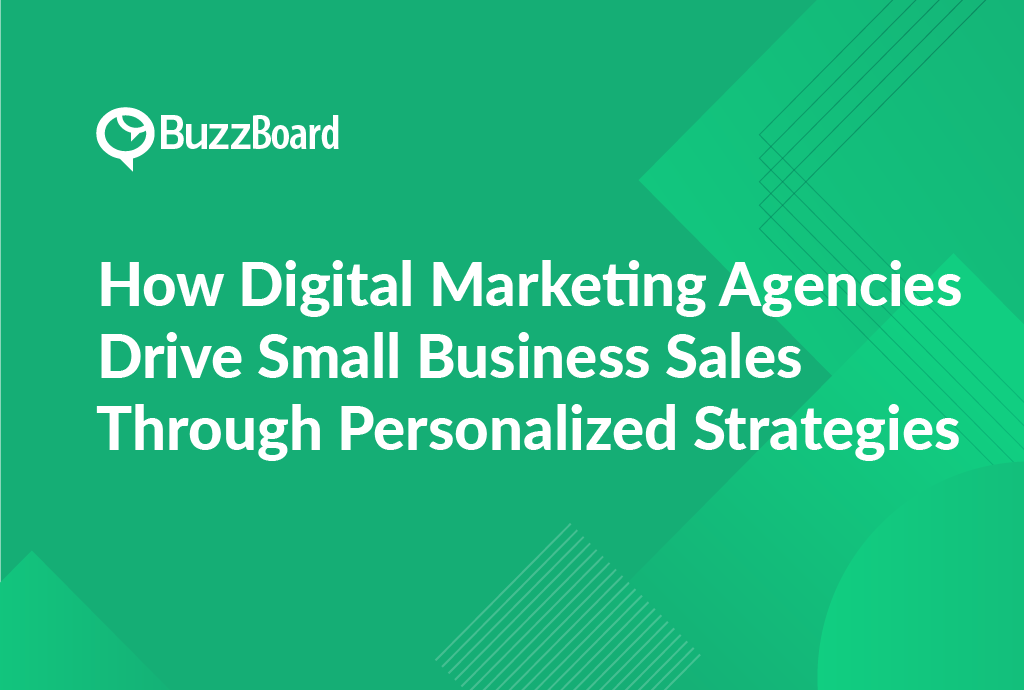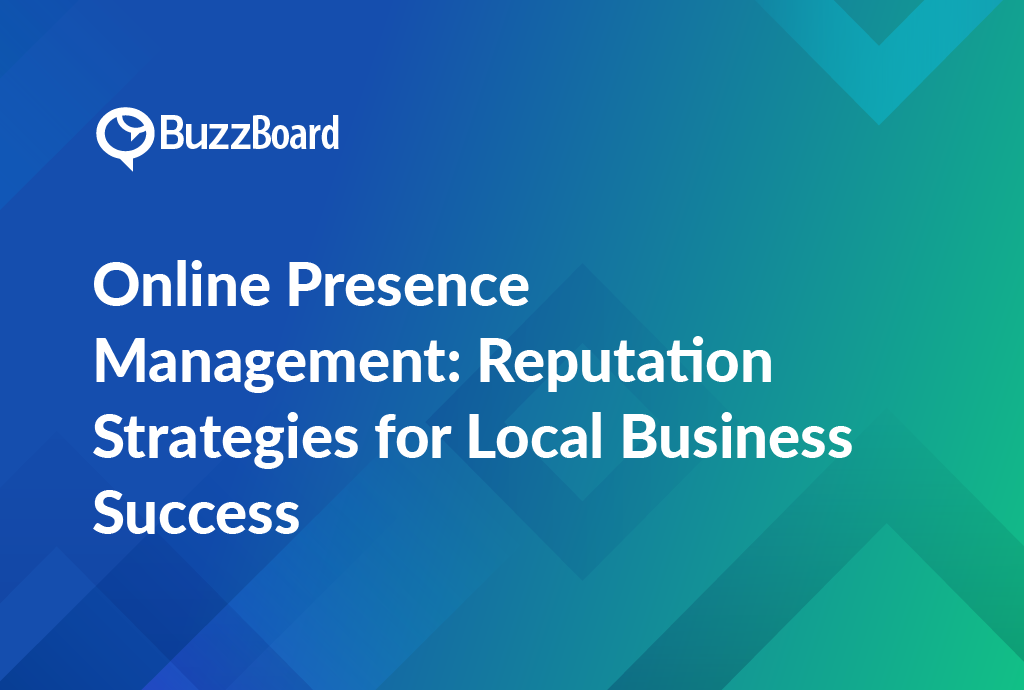To survive and thrive online, businesses require a thoughtful strategy that resonates with the target audience, drives engagement, and ultimately fuels business growth. The basics of prospecting games teach that small businesses and local enterprises have unique needs and constraints, making it essential for digital marketers and sellers to hone their skills in identifying the right prospects and hooking them in by delivering personalized solutions.
Join us as we explore the intricacies of creating an effective digital marketing strategy for targeting small businesses, offering insights and practical tips to help your agency take the lead in your chosen niche.
Diving into the Small Business Environment
Small businesses stand out as dynamic entities, and the role they play in overall economic growth is pivotal. From the entrepreneurial spirit that fuels their inception to the resourcefulness required to navigate a competitive landscape, small businesses embody resilience and innovation.
From a marketer’s and seller’s point of view, what you can’t ignore is these enterprises often operate on limited budgets and resources. Gaining a comprehensive understanding of their operational nuances and community connections, you get access to their individual stories—a vital factor in your sales efforts. Also remember, you, as a sales professional, should target businesses that can benefit from digital marketing solutions that are created keeping in mind their financial constraints.
Pinpointing the Ideal Prospects
To identify small businesses and local enterprises that are a good fit for digital marketing services, salespeople need to conduct thorough research. Utilizing tools, like Google My Business, Yelp, and local directories can provide valuable insights into businesses seeking online visibility. Look for indicators, such as outdated websites, limited social media presence, or absence from online directories.
Formulating a Personalized Strategy
At this time, what is the key to successful digital marketing sales? It’s quality personalization! Instead of employing a one-size-fits-all strategy, tailor your approach based on the unique needs and challenges of each small business. Showcase an understanding of their industry, competition, and target audience to build trust and credibility.
Building an Effective Digital Marketing Plan of Action
Now that you’ve identified potential clients, it’s time to create a digital marketing strategy that resonates with small businesses. The following steps outline a comprehensive approach:
1. Define Clear Objectives for Your Agency
Work closely with your media consultants and salespeople to understand what small business owners look for and define clear and realistic marketing objectives for your agency. Whether it’s increasing website traffic, generating leads, or enhancing brand visibility, having well-defined goals will guide the entire strategy.
2. Leverage Local SEO
Local SEO serves the purpose of enhancing visibility within specific geographical areas. From optimizing Google My Business listings to incorporating location-specific keywords, this exploration unravels the key elements that can significantly enhance your visibility in local searches. By establishing a prominent digital footprint, it’s a practical way for connecting with small and regional enterprises.
3. Implement Targeted Social Media Campaigns
Small businesses often rely on social media for their online presence. Craft targeted social media campaigns that resonate with these small, local businesses. Use engaging content, including visuals and videos, to connect with potential customer companies.
4. Drive Results with Strategic Paid Advertising
Paid advertising, when strategically employed, becomes a useful channel for reaching small businesses… it’s about strategically positioning your brand amidst the competitive digital space. Use platforms, like Google Ads and Facebook Ads to target specific niches within a local area. Monitor your efforts closely to ensure optimal results.
5. Implement Email Marketing
Email marketing remains a cost-effective and powerful tool for crafting outreach. Create personalized and engaging email campaigns that provide value to your audience. Consider offering exclusive promotions or discounts to incentivize small business owners and reduce friction to buy.
Crafting a digital marketing strategy to generate and convert more small business leads is a transformative journey toward growth and visibility. It’s crucial to emphasize that the success of a digital marketing strategy lies in its adaptability, creativity, and resonance. And the journey doesn’t end with implementation; regular evaluation, analysis, and adjustments are integral to ensuring continued effectiveness.
Hope this informative piece positions you, your team, and your business for sustained success now and in the time ahead.







